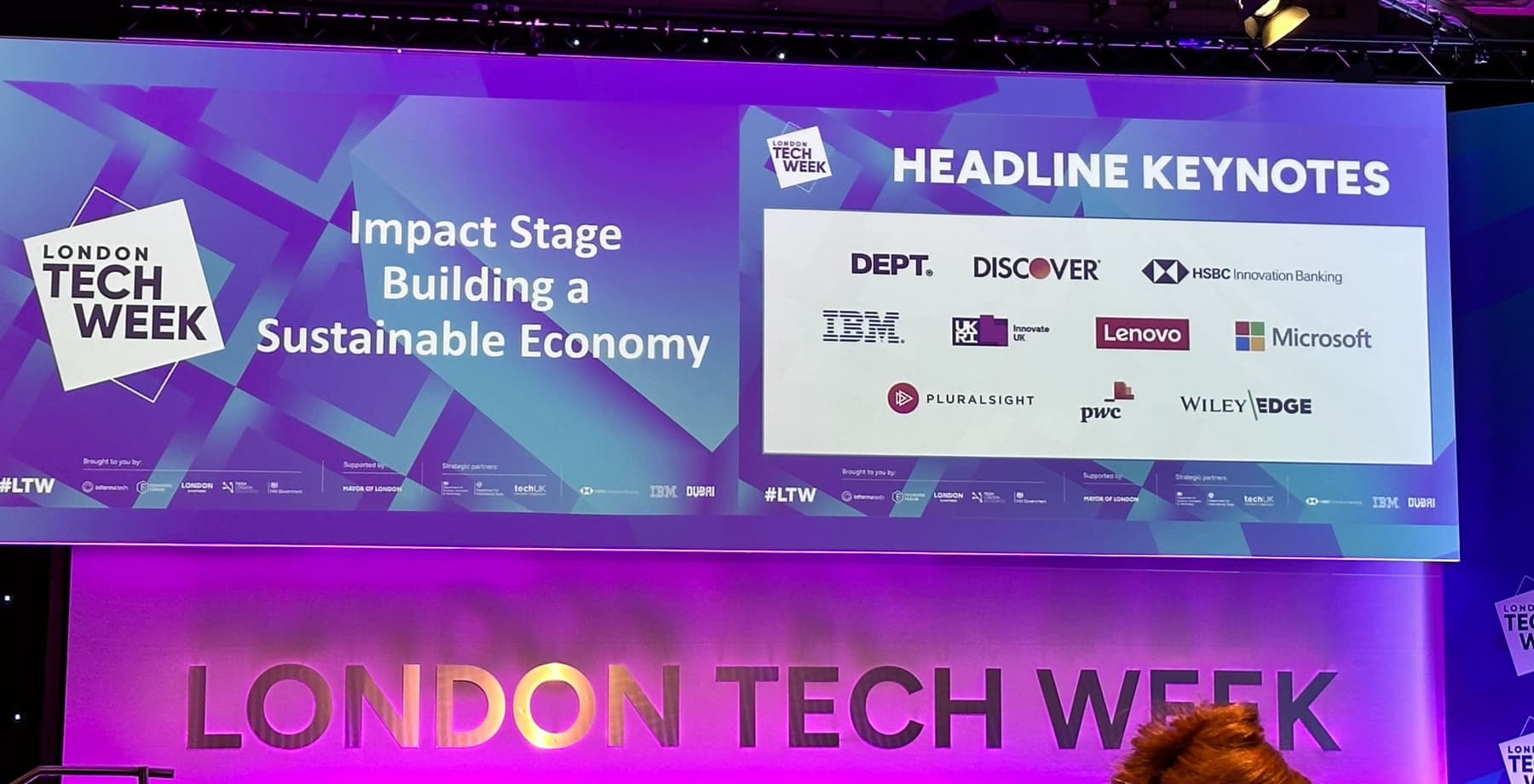Sustainability has become a dominant theme of the consumer and retail discourse in recent years. Consumers say they care, brands say they’re committed, and policies are tightening. In fact, 80% of consumers claim they’re willing to pay more for sustainable products. Yet, when it comes down to actual purchases, price and convenience still dominate consumer decision-making.
Businesses have been navigating an increasingly complex ‘sustainability’ landscape— grappling with COP26 commitments, the risk of greenwashing backlash, and the pressure to meet net zero targets. On top of that, extreme weather events like the wildfires in LA make environmental action feel more urgent than ever.
However, sustainability seems to be at risk of taking a back seat. At this year’s National Retail Federation conference in New York, economic challenges and the rise of generative AI dominated the conversation. But sustainability isn’t going anywhere, and brands need to start aligning their sustainability efforts with tangible value creation.
Here are some ways in which they can do that:
1. Digital Product Passports (DPPs)
DPPs are digital identity cards for products, storing relevant information such as material, recycling capabilities and lifecycle environmental impact. In July 2024, the European Union implemented the mandate for DPPs, with phased implementation over time. Sooner or later (around 2027-2030), brands will need to comply with DPPs. However, we believe their value extends far beyond merely ticking a regulatory box.
By giving consumers instant access to information about a product’s origins, materials, and environmental impact, brands can turn transparency into a selling point.
Product storytelling increases engagement by connecting consumers to a product’s journey, while item authenticity strengthens trust and loyalty. For businesses, DPPs unlock value by improving product lifecycle tracking and supply chain visibility, helping to optimise inventory, reduce waste, and ensure compliance with tightening sustainability targets.
2. Circular Economy Propositions: Making Sustainability More Accessible
Sustainable choices should be accessible, seamless, and rewarding. Circular models—whether through resale, repair, or recycling programs—help consumers extend the life of their purchases while creating new revenue streams for brands. For businesses, these models are not just about sustainability; they help build long-term customer relationships and increase engagement with eco-conscious shoppers.
Just recently, we facilitated a commercial relationship between Marks & Spencer and Sojo – a repair platform offering tailoring and repair services for fashion products. In doing so, Sojo provided M&S customers with an affordable, convenient way to extend the life of their clothing, while enabling M&S to strengthen customer loyalty and meet the growing demand for sustainable fashion solutions.
Another model is that of ByRotation, the rental and resale app in whom we invested in 2022, as part of their £2.3m seed funding round. ByRotation enables consumers to shop sustainably by offering a platform to rent and resell fashion items. This enables access to affordable, eco-friendly fashion choices, reduces environmental impact, and promotes more sustainable consumption habits.
By embracing circular economy initiatives, brands can make sustainability more accessible to consumers while simultaneously using it to build new value propositions and develop competitive advantage.
3. Get your data in order
Brands need to prioritise gaining greater visibility into their supply chains. When companies can clearly see their entire supply network, they gain the power to spot potential disruptions before they happen, ensure their sourcing meets ethical standards, and address environmental concerns at their root. This proactive approach not only protects their reputation but also minimises waste throughout their operations.
Taking it a step further, measuring carbon footprints enables brands to share their sustainability journey with consumers in a genuine, transparent way. This builds trust and resonates with environmentally conscious customers who want to support responsible businesses.
These improvements in supply chain transparency and data tracking do more than just satisfy corporate responsibility—they create tangible business benefits. Companies can unlock significant cost reductions, streamline their operations, and prepare themselves for upcoming regulatory changes. Many companies, such as Altana, are currently trying to unify global supply chain data in the hopes of helping corporates and suppliers achieve this goal collaboratively.
By embracing these practices now, brands position themselves to thrive in an increasingly sustainability-focused future.
We want to hear from you!
As the demand for sustainability in retail continues to grow, the need for innovative solutions has never been more critical. Whether you're a brand looking to enhance your sustainability efforts through digital innovation or a start-up with cutting-edge solutions for retail transparency and circularity, we’d love to hear from you.
True has established strong partnerships with global leaders like Abercrombie & Fitch, Primark, Marks & Spencer, Associated British Foods, Warner Bros. Discovery, 7-Eleven, and TJX, helping them navigate uncertainty and drive growth. Our VC fund invests in companies from Pre-Seed to Series A, empowering innovation and expansion.
You can get in touch with us here.
Authored by Noam Silva.


